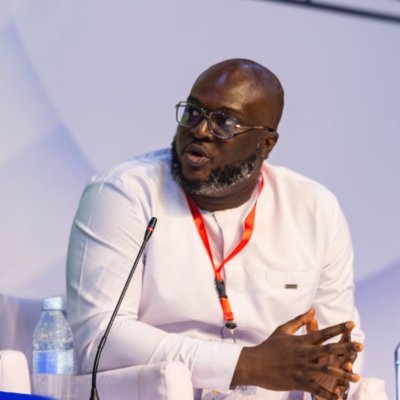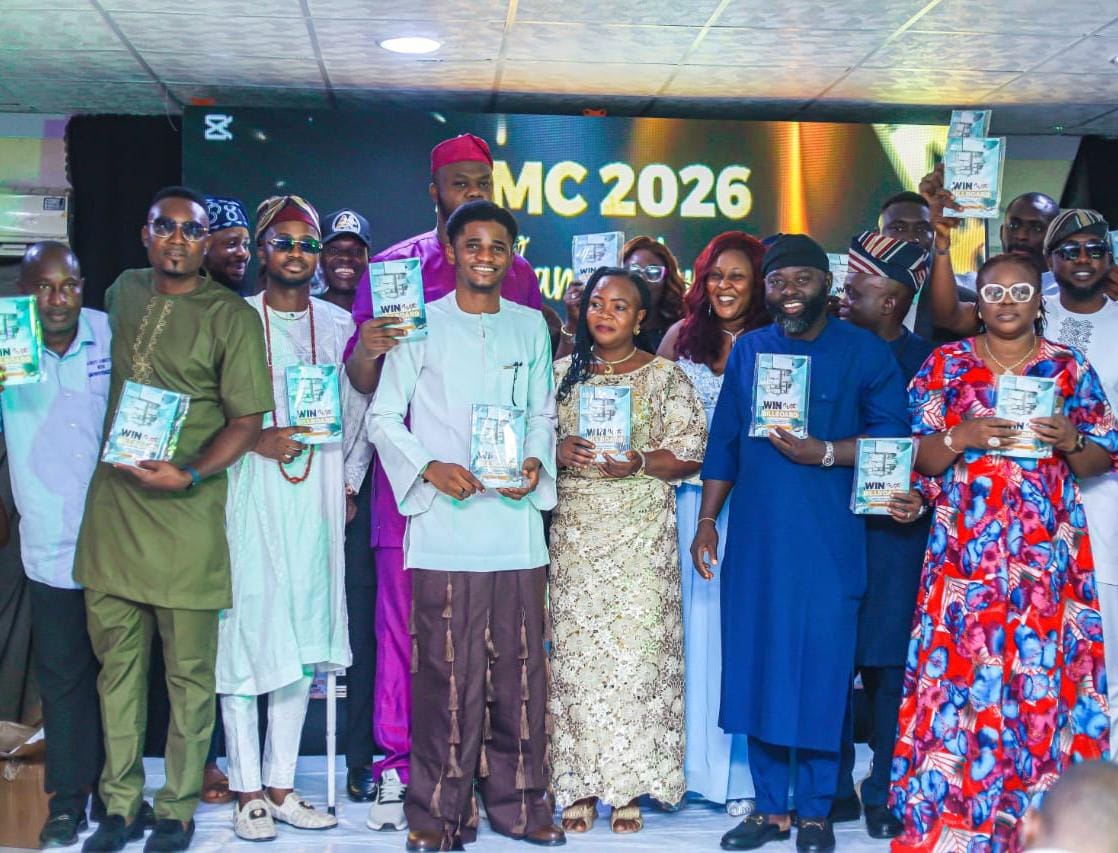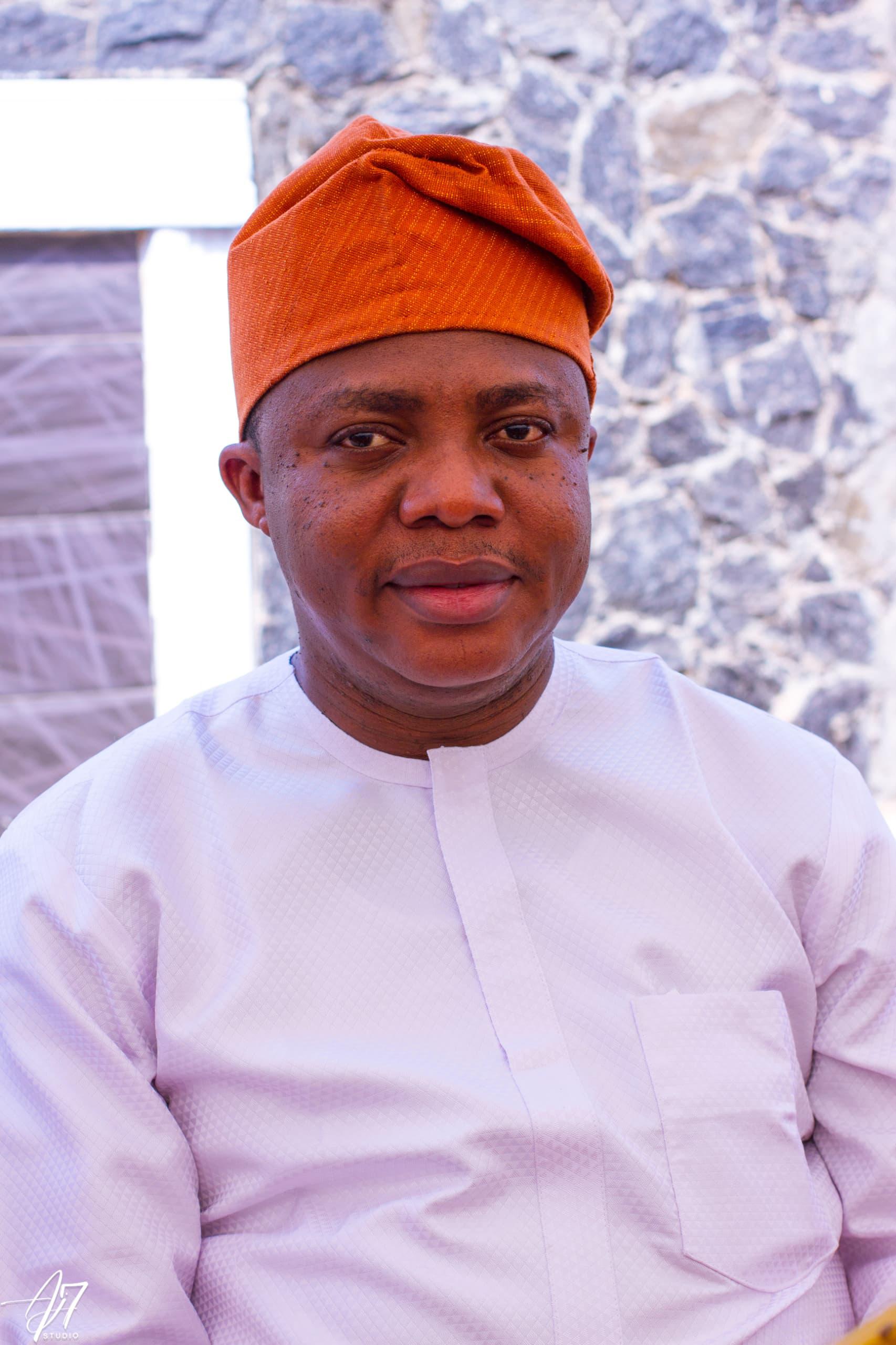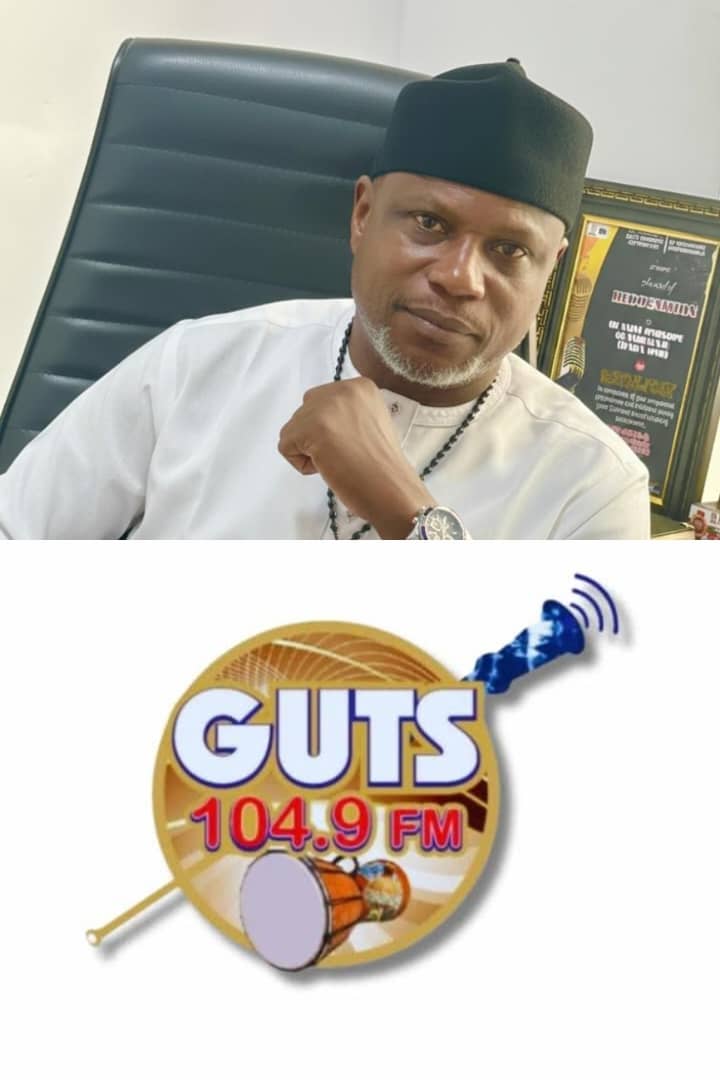Why Nigerian Newsrooms Must Stop Treating Entertainment As Filler Content
BY JIDE TAIWO

In most Nigerian newsrooms, entertainment reporting exists on the fringes. It’s often presented as a filler, squeezed between headlines about politics and the economy, or sequestered into weekend slots that feel more like contractual obligations than editorial priorities.
For example, on several leading television news stations, entertainment runs as 30-minute segments a few times a week, passing off recycled social media content and footage from red carpet events as news.
Others have society shows over the weekends, which offer glossy montages of weddings and funerals. Print media dedicate two or so pages to sweeping coverage without in-depth reportage. The tone is always the same: breezy, passive, inconsequential. These formats offer visibility and potential virality, but little insight.
This approach reflects a deeper issue: entertainment is rarely treated with the seriousness that defines political or economic reporting.
Within many editorial meetings, cultural stories are viewed as lighter fare, less vital to the national narrative, less worthy of analysis.
Over time, this perception has created a structural distance between the coverage of governance and the coverage of culture. The implicit message is that entertainment and culture exist outside the sphere of real news. That’s a mistake.
To be clear, not every news outlet needs to cover entertainment. Not all formats require a red-carpet reporter or a daily gossip reel. But if the media organization positions itself as a chronicler of Nigerian life—as most legacy broadcasters do—then ignoring entertainment, or reporting it lazily, is a missed opportunity. What is needed is not necessarily more coverage, but smarter, deeper, more culturally literate storytelling. Entertainment shapes how a people see themselves and how the rest of the world sees them. This makes it far more important than being a spectacle of the rich and famous; and the failure is not in choosing to cover it perfunctorily, it is in failing to do so with depth and clarity.
That is not to say that Nigeria is lacking in entertainment-focused platforms. From the days of soft sell journals to relatively more recent digital media platforms and round-the-clock tv stations, as well as countless faceless Instagram handles that provide a steady stream of gossip, entertainment outlets provide dedicated coverage of music and lifestyle. These platforms are vibrant and visible, and they indeed serve a mass audience. But they are often seen as living in a different media universe—fun, youthful, visually rich, but not “serious.” Most of them rely heavily on music video rotations, live events, and surface-level reporting. While they amplify entertainment, they seldom interrogate it.
Because of this divide, a gap persists in Nigerian media between those who report the nation’s governance and those who report its culture.
Per the Digital News Report 2025 by the Reuters Institute of Journalism, legacy media companies have the highest reach within the audience, despite the continued rise of new media.
But culture is governance, too. Afrobeats and Nollywood are often touted as a source of soft power for Nigeria. Yet, newsrooms and media owners, even policymakers, do not place the expected importance on these beats. These stories demand journalists who can relay what happened and decode what it means.
International newsrooms have long recognized this. CNN runs dedicated verticals like CNN Entertainment and CNN Style, folding culture into its reporting on politics, business, and tech.
The BBC has BBC Culture and Entertainment & Arts, where essays and investigations sit alongside interviews and reviews.
Al Jazeera features stories about censorship, media politics, and the global south’s creative economy—not as soft news, but as cultural analysis.
Even Fox News, with its partisan slant, treats Hollywood as a space of ideological contest. In each case, entertainment is understood as a reflection of power, value, and public life.
In Nigeria, by contrast, the treatment of entertainment often lacks urgency, sophistication, and context.
Press releases are passed off as news. Awards and premieres are covered without any sense of industry dynamics or back-end economics. The business of streaming, the politics of language in music, the implications of content regulation—these remain largely unexplored and are left to an emerging crop of young creatives who do so from a place of passion, not journalistic or media training. This disconnect stems from a few things: the institutional silos that separate “hard news” from “soft news,” the lack of investment in specialist cultural journalists, and a longstanding reluctance to take young, creative industries seriously.
Entertainment is not the opposite of serious journalism. It is a form of soft power, a vector of economic mobility, and a major player in Nigeria’s national identity.
An enfant terrible like Portable is as important as any lawmaker in relevant contexts (such as whether the use of marijuana should be legalized or remain a crime, even though many celebrities smoke it openly).
When Nollywood filmmakers level favouritism and sabotage allegations at cinema companies, it ought to carry the same weight as corporate crimes. These stories matter, but if newsrooms do not have the tools and support to interpret these moments, they’re reduced to fleeting spectacles.
The challenge here is not a lack of stories. The entertainment sector is one of the country’s most dynamic fields, touching on technology, globalization, entrepreneurship, language, and nation-building. Yet these stories often remain buried beneath surface-level coverage. Many journalists covering the beat are under-resourced or treated as peripheral staff. The few in-depth stories that do emerge tend to circulate within niche platforms, far from the prime-time news cycle.
The way forward requires a shift in editorial mindset.
News organizations must begin to treat culture as an essential part of the national conversation. This involves creating specialized desks, recruiting journalists with knowledge of the entertainment economy, and funding reporting that moves beyond events and announcements. It calls for storytelling that connects the industry’s public image with its infrastructure, labour dynamics, and future possibilities. Covering entertainment with depth is not an indulgence. It is a necessary part of understanding a country’s social fabric, economic trends, and global voice. The stories are already there. The question is not whether Nigerian newsrooms should cover entertainment, but how intelligently they are willing to do so. The future of both journalism and the creative economy may depend on their answer.
The Jide Taiwo is a writer, journalist, and culture consultant whose work explores the intersection of media, music, and cultural identities. He’s a published author, co-curator of exhibitions, and advises brands and businesses on cultural strategy and storytelling













